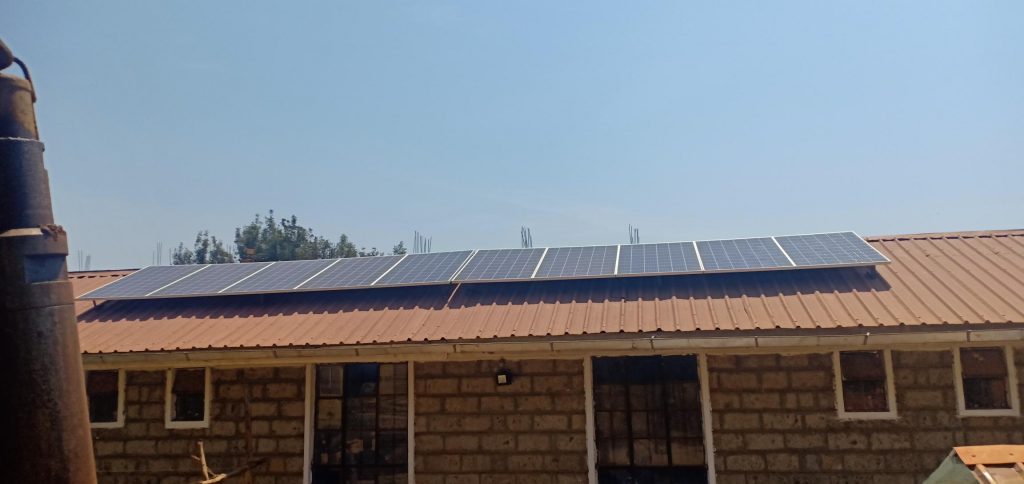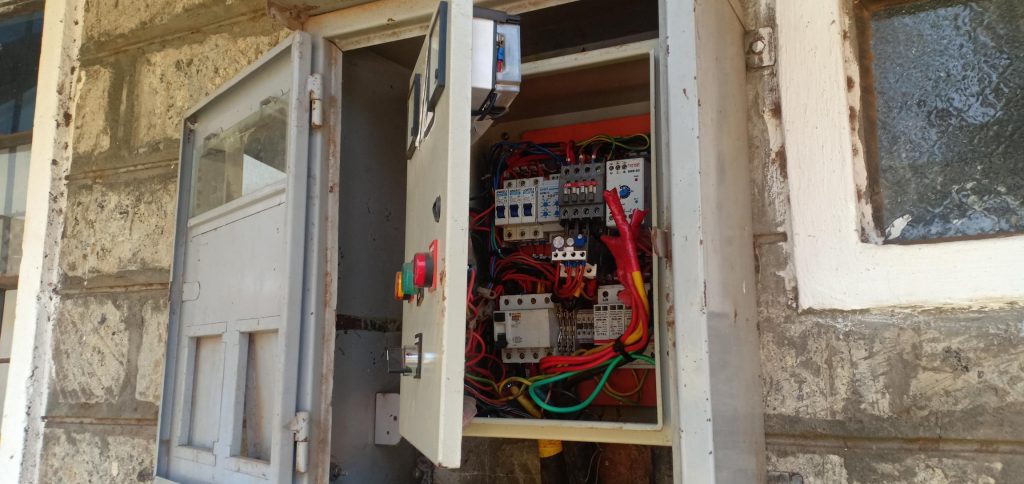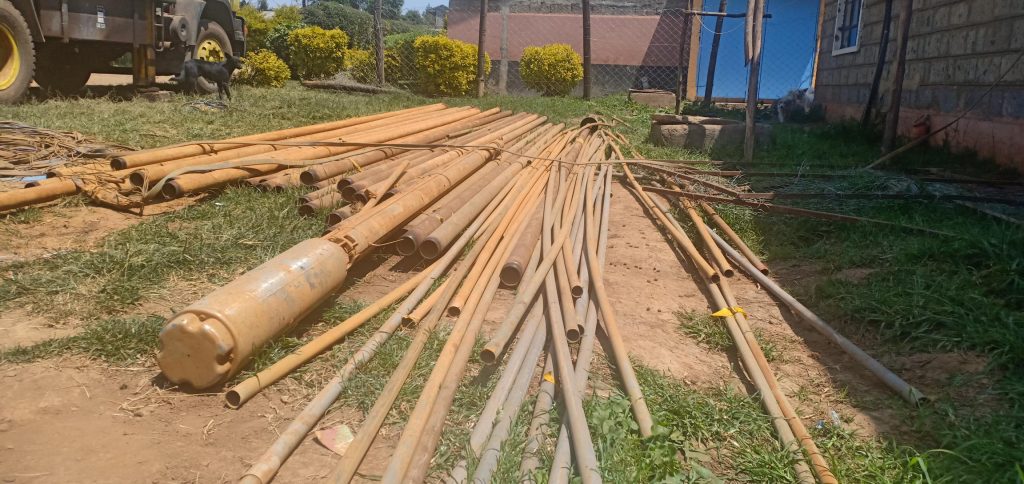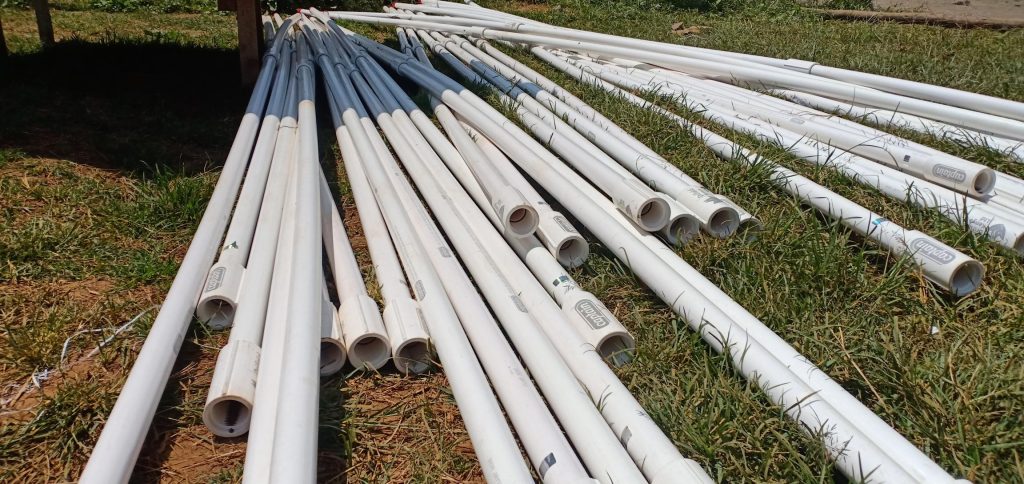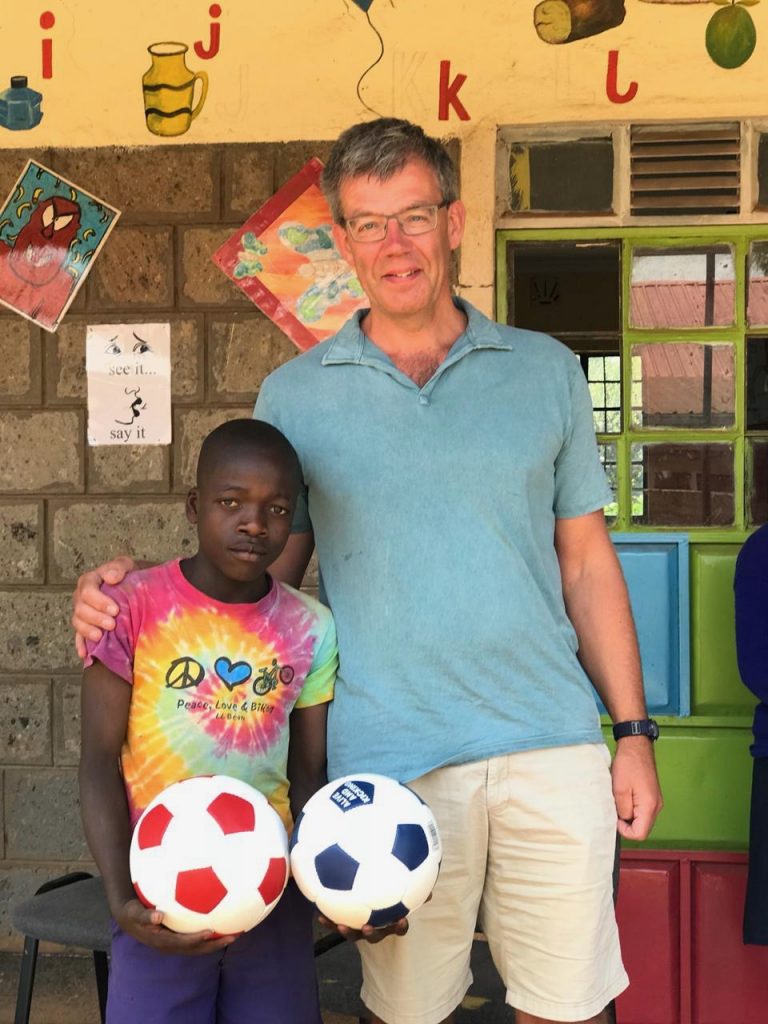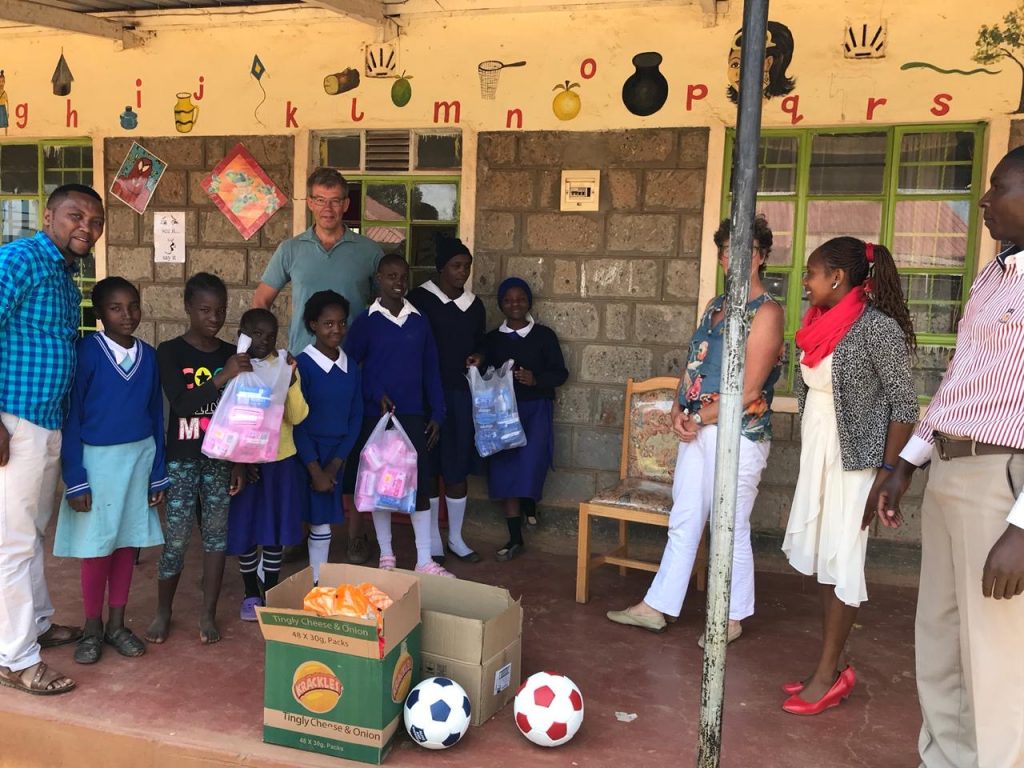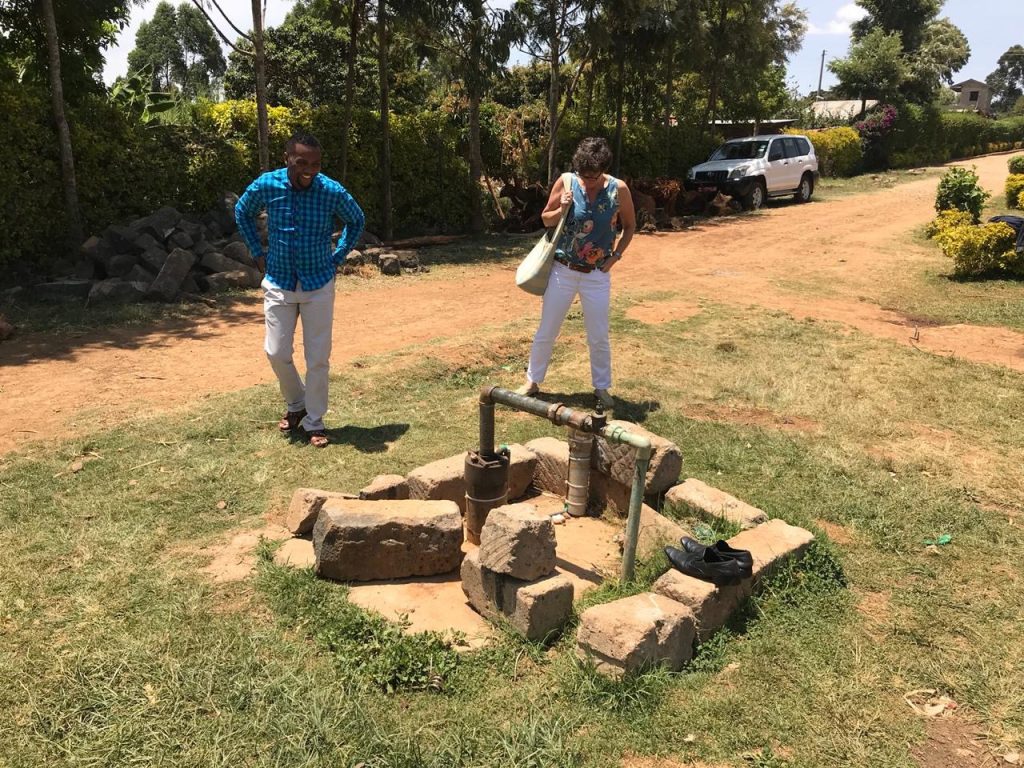I-Afrika
I-Afrika, a grassroots organisation that provides care for street boys in Nairobi, was founded by Peter and Esther Nduati in 2006. Its focus is rehabilitation, reintegration, and education of the children, with the aim of enabling them to sustain themselves and their families.
I-Afrika Centre is situated in Lusigetti, a suburb 35km from Nairobi. Despite being within reach of the city, the area struggles with many of the same problems that plague rural villages across Kenya. Lack of employment, high levels of crime, alcohol and drug abuse and domestic violence, families struggling to send their children to school are all common. Subsistence farming, which characterizes the region, is heavily reliant on increasingly erratic rainfall.
The Centre houses fifty boys. It has a primary school on-site that employs seven teachers and a headmistress and provides education for the rescued boys and for children of both sexes from the surrounding community. The Centre pays for older rescued boys to attend boarding school. In the holidays they return ‘home’ to I Afrika.
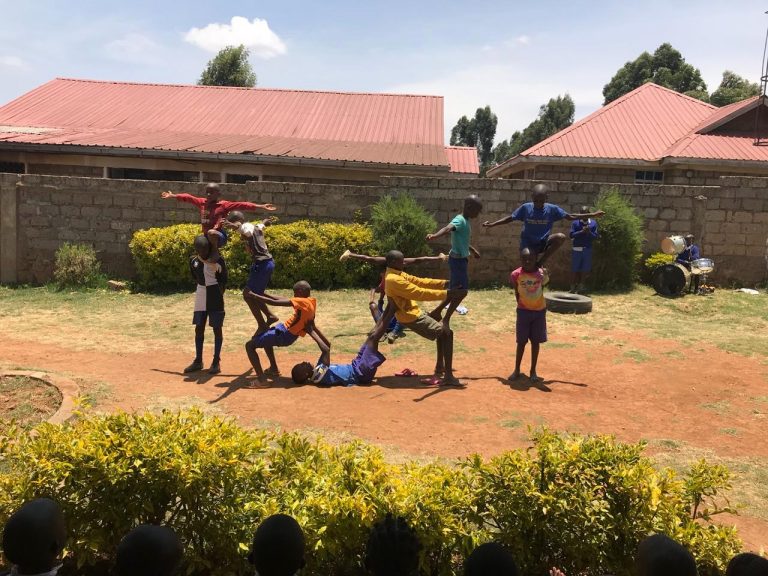
Where possible I Afrika works to sustain ties between the boys and their families and communities. It also provides support and employment for destitute widows and grandmothers who need help to care for their dependents, employing them at the Centre or helping them to become alcohol- and drug-free.
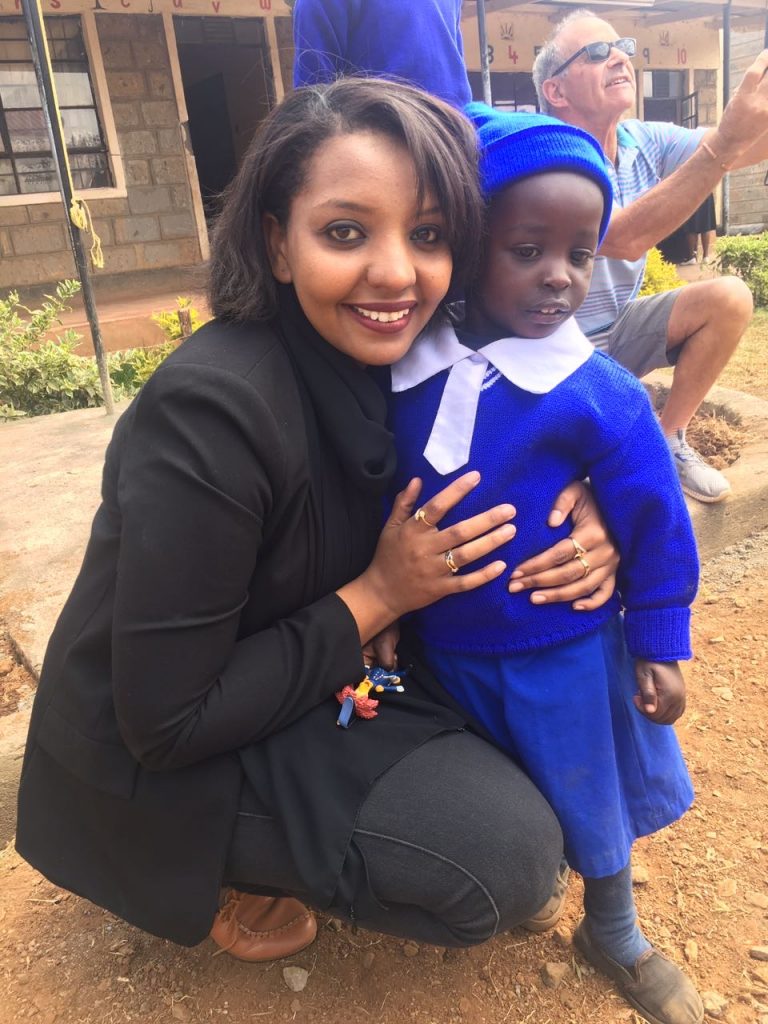
The Centre provides outreach including food, medical aid and emergency legal representation for an additional 550 people living in the slums and on the streets. It also supports disadvantaged children of both sexes in the Lusigetti community, often offering free schooling to children who would not have access to education otherwise.
The Centre has 3 acres of farmland and grows basic crops for in-house consumption and sale. The location is a semi-arid area, and farm irrigation is a constant problem. The borehole donated by the Australian High Commission in 2012 is 313 metres deep so pumping the water is expensive. I-Africa struggles to pay the electricity and maintenance costs, and Kenya Power has repeatedly cut off the power supply. The pump is currently used for 6 hours per week to provide essential water, which is stored in tanks and used for cooking, washing, drinking and the irrigation of small sections of land.
I-Afrika’s main source of income, international donations, is susceptible to currency fluctuations, donor burnout and global trends beyond I-Afrika’s control. The organisation generates a small income (less than ten percent of the operating budget) from providing a public transport mini-bus service, and a small dairy. The Director, Peter Nduati, and I-Afrika’s Board of Trustees aim to make the organisation self-sufficient, and to expand its mission.
Our aims
Our project supports I-Afrika’s long-term goals by providing essential infrastructure such as electricity and pumped water, promoting green farming methods, and driving change. We want to create sustainable income streams that will reliably fund a significant portion of I-Afrika’s budget so that it can continue and grow expand its work in the areas of greatest need. The project has four key strands of activity:
Water pumping
Solar-powered water pumping to assure a reliable and continuous supply of water for the centre
Solar electricity
Solar electricity at the school and Centre to ensure a reliable and continuous supply
Vegetable farm
Drip irrigation for the vegetable farm to sae water and nutrients by allowing water to drip at a systematic rate to the roots of the plants.
Poultry farming
Accelerated poultry farming to continue to continue to grow the agricultural benefits.
Photos from our visits
